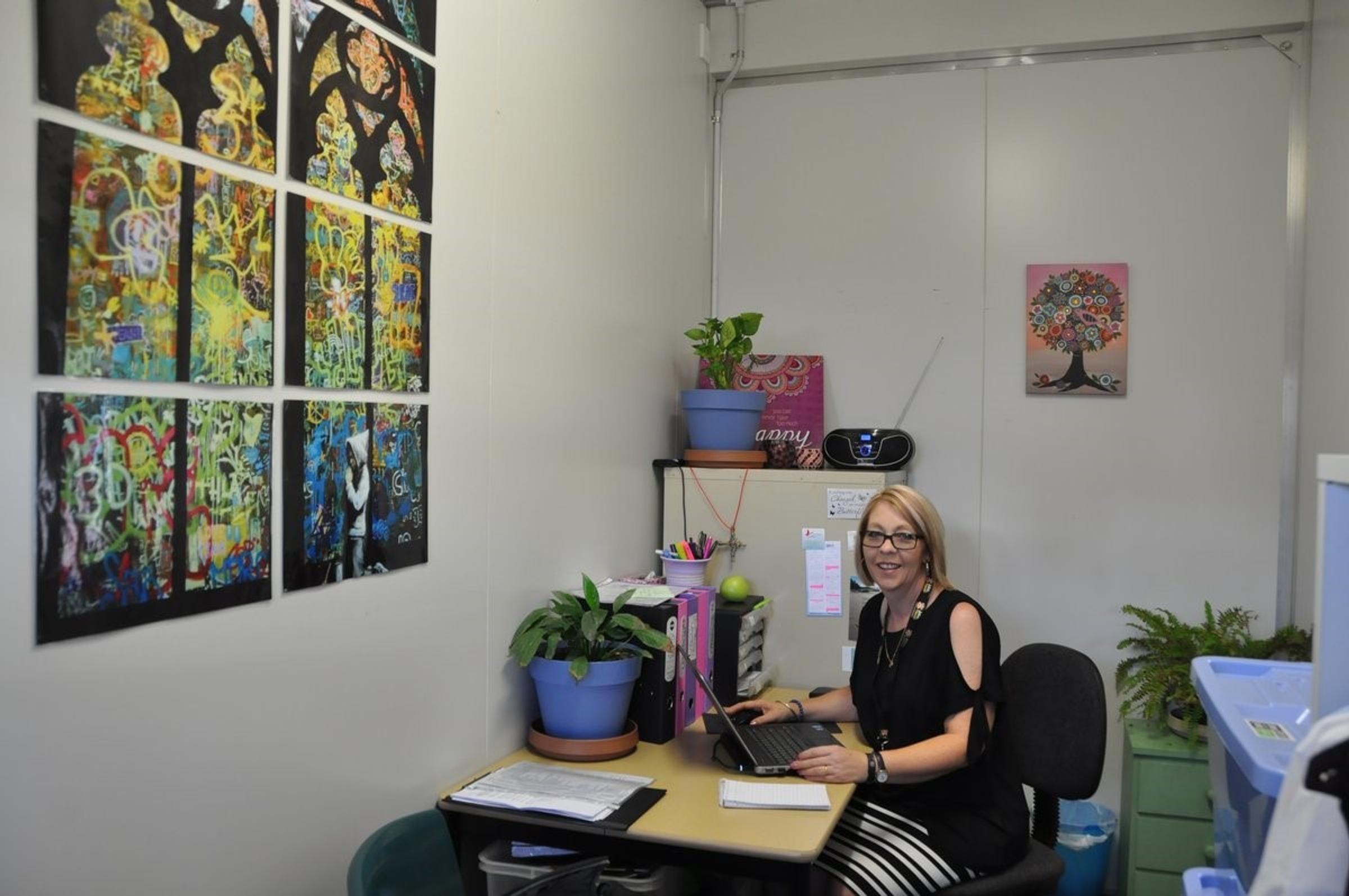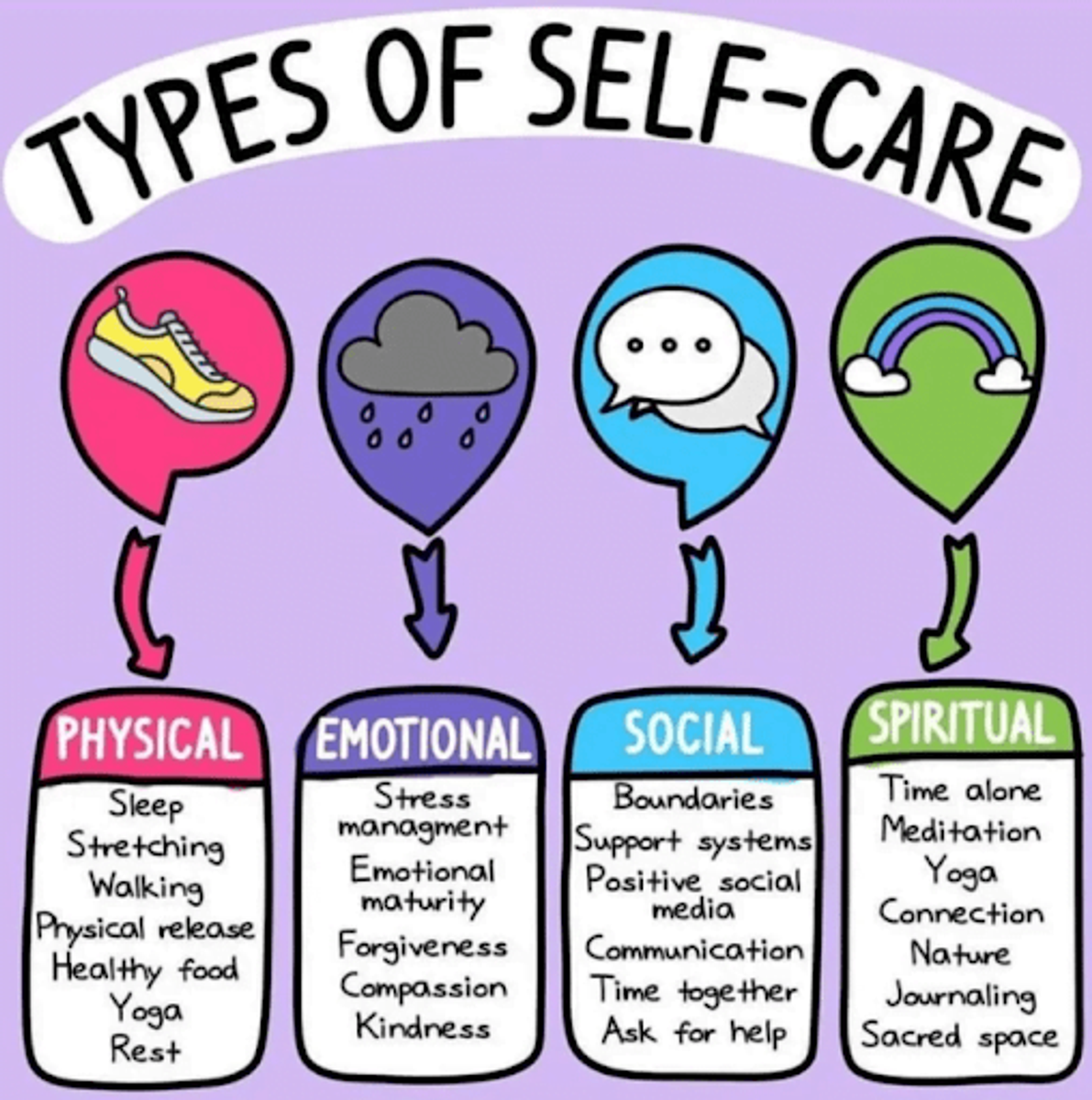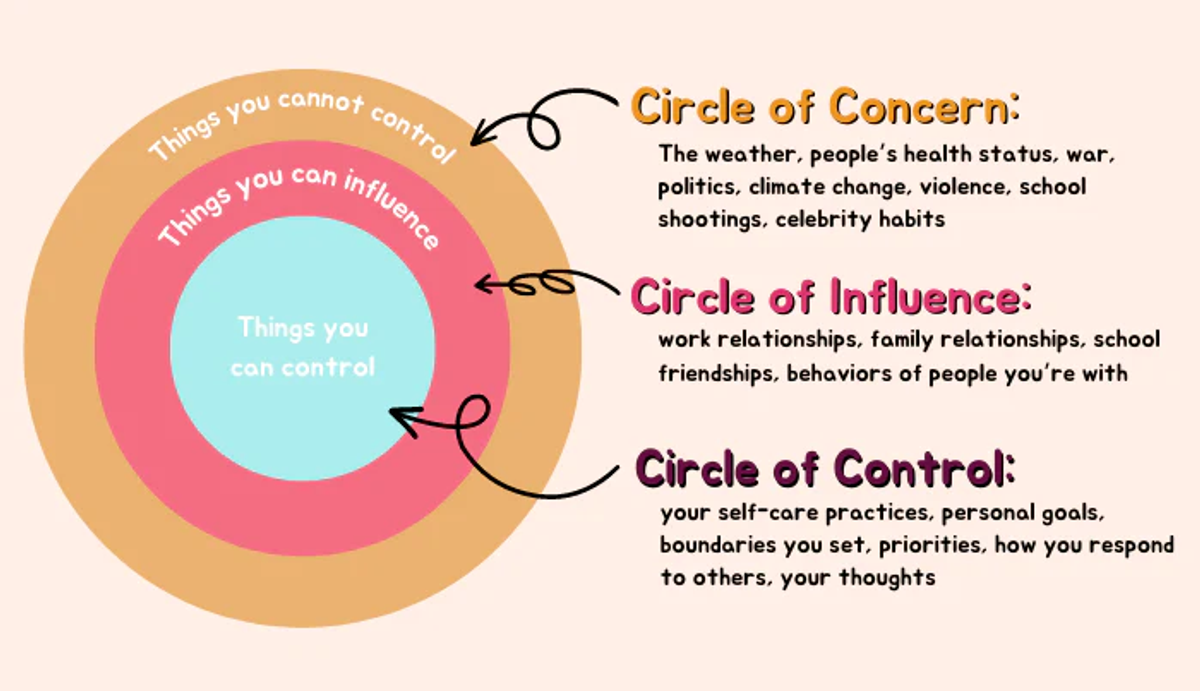Wellbeing News

This week I would like to focus on the importance of selfcare. As we have come to the end of winter and enter spring, the season of rejuvenation and growth, I thought it an opportune moment to remind everyone to take the time to reflect, check in with yourself and gauge how you are feeling physically, emotionally and spiritually at this present moment. I have had conversations with many people, students and adults of late and there is a common theme that what is occurring globally, nationally and locally have impacted individuals and significant events throughout 2025 and made them feel exhausted and thinking they have little control in the world around them and they have genuine concerns for what the future may hold.
Within our school community Year 12 students have recently completed their trial HSC exams and in the coming weeks the Year 11 students will be sitting their preliminary exams which can heighten both anxiety and stress which is a natural response to what they are experiencing. Catastrophising thoughts of self-doubt and fear of the exam process itself. These are common thoughts and fears at this time. Fortunately, the students have been, and are, well supported and their pastoral leaders, teachers and families will be there to provide support. If, however you do have concerns please do not hesitate to contact the school and additional support can be provided by the wellbeing team to ensure your child has the necessary strategies and skills to navigate this stressful period.
As a wider community we are witnessing many incidents that may impact us either directly or indirectly, however negatively impacting our mental health and wellbeing; leading to increased anxiety, stress, depression, and feelings of helplessness, especially with constant exposure to negative stories or advertisements on mainstream television. This occurs because negative news triggers the body's stress response and can create emotional exhaustion, with some studies finding links between increased news consumption and worsened mental health symptoms. To lessen these effects, it's important to limit exposure and avoid consuming distressing content before bed. To cope, limit exposure, focus on credible sources, take breaks, and practice self-care regularly.
Self-care is essential because it nurtures your physical, emotional, spiritual and mental well-being, leading to reduced stress, increased productivity, improved resilience, and better relationships. Prioritising activities like exercise, healthy eating, sufficient sleep, and mindful practices helps you manage life's demands, prevent burnout, and build the energy and capacity to support others.
Remember, we may not be able to control what is occurring but by taking positive steps we can control how we react as individuals and therefore how our bodies and mind respond, increasing our capacity and resilience to face adversity in the future.
Regards Sue Hone
(Student Wellbeing Support Worker)



